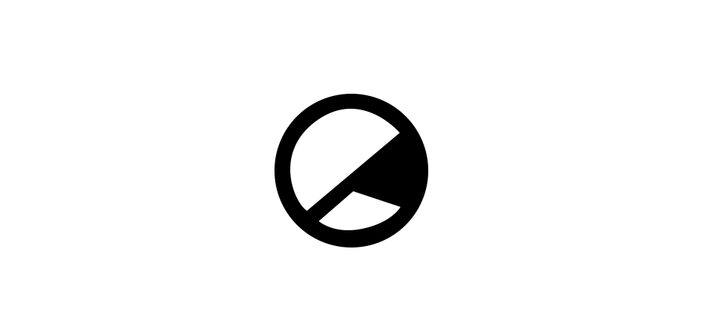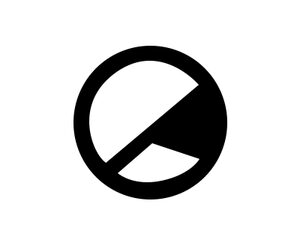Recently, I have found myself pondering love a lot, and more and more this seems to be realised through indie romance movies . The indie romance genre, as pretentious as this sounds, is probably one of my favourites. I think this is because they have a sense of authenticity that mainstream romance movies just don’t. Of course they still have will they/won’t they narratives, cheesy soundtracks, and cliched romantic lighting for a kiss scene; but despite this – there is something inherently different about the indie version of romance.
In light of the recent death of Anton Yelchin, I turned back to his 2011 film Like Crazy, and it was this that made me start to reflect on the difference between mainstream Hollywood portrayals of romance and independent films. The film follows a British girl (Felicity Jones) and American boy (Anton Yelchin), who meet at university but are separated for a prolonged time when the girl runs into problems with her visa. It’s a film about distance and separation, and clinging to love even when you try to move on. I had been told beforehand that it was a great film, but one you won’t necessarily like. I was initially confused by the statement, but I felt that exact thing when I watched the film. An appreciation for the beautiful honesty of the story, and the tentative and delicate way in which the film is approached; but not completely sure of the way that the film actually made me feel. Felicity Jones and Anton Yelchin are both an absolute wonder to behold, their chemistry is a tangible presence, filled with apprehension, awkwardness and hope. Despite that, there were many times in the movie where I felt that I didn’t actually want this couple to be together at the end of it. They’d both changed and grown, and in ways had had to move on; and though it feels weird to say when watching a romance; I did feel disappointed *spoiler alert* at the fact that they ended up together.
Then I began to think of some of my other favourite indie romance films from the last few years, such as Celeste and Jesse Forever , Stuck in Love, Smashed, to name a few. I came to the realisation that actually the majority of these films don’t have endings that are stereotypically happy when it comes to conventions of the genre. The couple doesn’t always end up together in the end. They fight a lot, about real issues. It’s not the classic boy meets girl, boy falls for girl, they get married narrative; one that we are taught to expect from a young age through Disney movies and the like. However, I think this is okay, because in real life relationships don’t always last forever and things don’t always go to plan. I think that it’s so important to try and remind people to treasure the love they have for as long or as little as it lasts.
Another element of the indie romance which I love is the fact that these stories actually tend to focus on self-development and the growth of one character; which stems from the romantic element. For example, returning to Celeste and Jesse Forever, the titular Celeste (Rashia Jones) is a wonderfully interesting character. That is because the script offers her the opportunity to grow and come into her own, away from a relationship. The narrative is about her learning to be on her own and the process of moving on. Smashed is another film that subverts traditional romance film ideals by focusing on one character (Mary Elizabeth Winstead) rather than a relationship also. It is of note that both of these protagonists are strong females too, and not the wispy ‘I don’t need a man to be fulfilled’ kind; but the ‘I’m going to fight like hell to feel okay even when I don’t have it in me’ kind of strong. That’s something that seems to be an unfortunately rare element in popular Hollywood movies.
The great thing is, even the films of this genre that have done well have still stuck to their roots of trying to be real. For example, the 2009 surprise hit (500) days of Summer is considered by a lot of my generation to be their favourite rom-com – although it states at the start that “it is not a love story. It is a story about love.” Even though the main characters aren’t necessarily likeable, and the relationship portrayed is clearly a flawed one: people connect with this film. A lot of that is because this kind of love story is more akin to ones we’d see reflected in real life, and in the lives of people around us.
Even little things, such as the way sex scenes are done, can show independent romance films try to pertain to real life more so than Hollywood. For example, the intimate scene between Miles Teller and Shailene Woodley in The Spectacular Now has been widely heralded as one of the most realistic love scenes to be caught on film; allowing for the awkwardness of sex through little moments, such as pausing to check they have a condom and so on. Even this makes a difference because it paints a more realistic form of the narrative structure, so hopefully more people won’t expect relationships to be like they are in the movies.
Although there are still films on this scale that adhere to the conventional romantic film structure, such as 2014’s What If?, there seems to be a willingness to portray more fully-rounded relationships in these films. There’s more readiness to delve into the messy side of relationships, just as much as the good (if not more so), and this is inherently a great thing in my opinion. As protagonist Tom in (500) days of Summer states, it’s because of the media that we all have these simplified, fantastical ideas of romance. When these films are not trying to pander to mainstream audiences in the way larger scale films do, they can explore these imperfect narratives a lot more. If somebody is going to see a romance at the cinema, they will escape normality through someone else’s happiness. Independent films that are played on festival circuits or watched on DVDs from the comfort of your own home don’t have to adhere in the same way.
At the end of the day, they are unafraid to be a mirror of what real, raw, intimate love looks like. They are unafraid to explore why that is so special, even it only lasts for a short time. It’s okay to enjoy Hollywood romance movies, I myself am partial to them every now and then. However, if you want to see real-life romance on the screens, independent cinema should definitely be where you turn.







